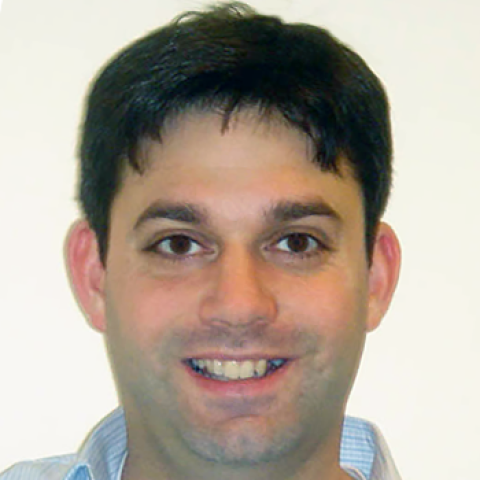
Internal and external sensory systems
STEPHEN LIBERLES, HARVARD MEDICAL SCHOOL
We study how sensory systems control physiology and animal behavior. Our five basic external senses- touch, taste, vision, hearing, and smell- and our internal senses that ensure bodily homeostasis are strong drivers of behavior. My lab studies the mouse vagus nerve and olfactory system to unravel the logic of sensory systems- from stimulus detection in the periphery to the orchestration of behavioral and physiological responses.
Olfactory system. Olfaction is one of our five basic external senses, and a principal mechanism by which we perceive the external world. Sensory receptors define our capacity for perception, and we identified novel families of olfactory receptors (TAARs and FPRs), with some TAARs mediating odor aversion and attraction. We also characterized pheromones and ethological odors that evoke innate behaviors, including an aversive carnivore odor, a sexually dimorphic mouse odor, a juvenile pheromone that inhibits adult sexual behavior, and a repugnant carrion odor. Linking behaviorally salient odors to particular receptors provides a framework for studying how sensory inputs are organized in the periphery and brain to control innate behaviors such as fear, sex, aggression, and aversion.
Vagus nerve. Internal sensory systems of the vagus nerve control basic respiratory, cardiovascular, immune, and digestive functions. Surprisingly, despite medical importance, each sensory modality of the vagus nerve remains poorly understood at a molecular and cellular level. Using genetic approaches, we systematically elucidated vagus nerve cell types with different autonomic functions. We also identified a critical role for the mechanoreceptor Piezo2 in the sensation of airway stretch. Identifying neurons and receptors that mediate particular physiological drives builds an important foundation for mechanistic study and therapy design.
November 2nd, 2017 at 12:15 PM in Clark Center Seminar Room S360
Hosted by:
Nirao Shah, Professor of Psychiatry & Behavioral Sciences and Neurobiology, Stanford University
Pre-Seminar October 31st, 2017 at 12:15 PM in Clark S361
